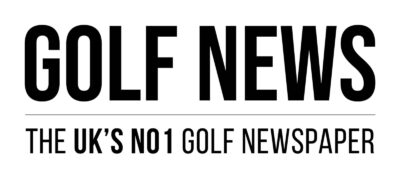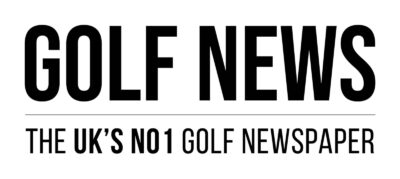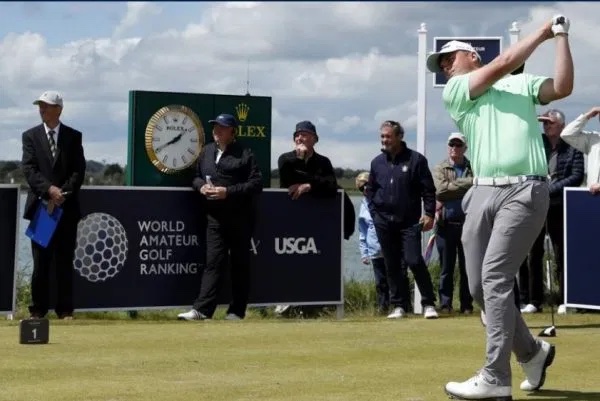The rules of golf regarding amateurs and what they can earn from the game in competitive play and how they are funded have been updated by the R&A and the USGA.
Following lengthy consultation with golfers and the golf industry, the updated rules, which comes into force on January 1 next year, remove many restrictions applied to amateur golfers, including a increased cap on how much money an amateur can win from playing in a scratch competition, and how amateurs are able to fund the cost of competing through sponsorship.
As part of the changes the maximum cash prize that an amateur can now win in a scratch competition has been raised from £500 to £700, although the rule applies only to ‘tee-to-hole’ competitions played on a golf course or a simulator. The cap no longer applies to long drive, putting and skills competitions that are not played as part of a tee-to-hole competition, but prize money still cannot be accepted for handicap tee-to-hole competitions.
Speaking about the new prize rules, Grant Moir, Director of Rules at the R&A, said: “Our initial proposal was that any amateur would be able to accept a cash prize up to the prescribed limit, regardless of the type of event they were playing in. However, offering cash might have created a greater temptation than ordinary prizes. Obviously, we’re very keen to protect and maintain the integrity of the game in relation to how the rules of golf are applied and how the rules of handicapping are applied.”
“There was also a concern that there would be more money leaving the golf industry. The vouchers and the merchandise that are traditionally given as prizes keeps the money within the golf club. So we’ve changed that aspect and the ability to win cash prizes only applies in scratch competitions.”
The second big change, which mainly impacts elite amateurs competing in national and international competitions, is the removal of all restrictions relating to sponsorships, expenses and advertising. Under the new rules, players competing at an elite amateur level will be able to accept sponsorships and advertise who they are receiving sponsorship from, be it in the form of a logo on a hat, bag or item on clothing.
These changes are aimed to high-level amateurs who might not have made it into national representative squads or university scholarships that would ordinarily take care of expenditure issues.
Moir said: “This change almost redefines amateurism at the elite level. It gives the opportunity for top-level amateurs to fund their golf through sponsorship, with the sponsor now able to gain benefit from that sponsorship. Hopefully it will make elite amateur golf more inclusive because more people have the potential to access funding that will help them make their way in the game. As we know it costs money to compete.”
For a full list of the changes to the Rules of Amateur status visit www.randa.org.



